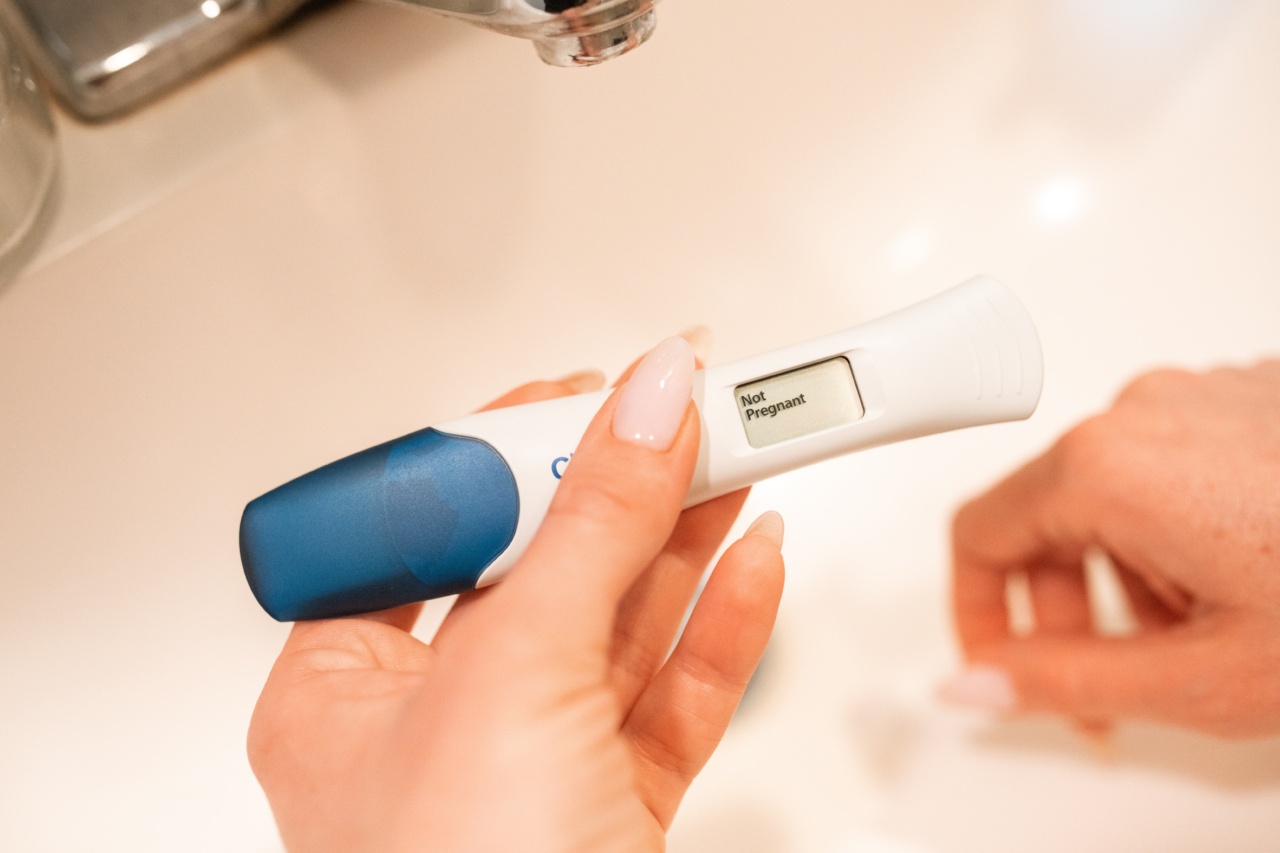There are many pregnancy myths that circulate about determining the gender of your baby, from the shape of your belly to the food cravings you experience.
However, one of the more recent claims has been that a mother’s blood pressure can predict the sex of her child.
The Claim
The theory goes that if a woman has higher blood pressure during pregnancy, she will give birth to a boy. Conversely, if her blood pressure is lower, she will give birth to a girl.
This idea has been circulating online for a few years now and has gained some traction as it is backed up by a “study” which claims to have found a link between blood pressure and the gender of the baby.
The Study
The study in question was carried out in 2014 and was conducted by researchers in Germany. It involved 1,411 pregnant women who were asked to record their blood pressure at regular intervals throughout their pregnancy.
The study found that women who had a higher systolic blood pressure (the top number in a blood pressure reading) during early pregnancy were slightly more likely to give birth to a boy, while those with a lower systolic blood pressure were more likely to have a girl.
The researchers theorized that this could be due to different hormonal balances in male and female fetuses, which could affect their mother’s blood pressure. However, the study has been criticized for a number of reasons.
Firstly, the difference in blood pressure between those who gave birth to boys and those who gave birth to girls was very small, so it is unlikely to be a reliable predictor of gender. Additionally, the study only looked at women in Germany, so it is unclear how applicable the results are to other populations.
What the Experts Say
Medical experts have generally dismissed the idea that a woman’s blood pressure can predict the gender of her baby. According to the American Heart Association, there is no evidence to suggest that blood pressure is linked to the sex of a baby.
Dr. Manny Alvarez, chairman of obstetrics and gynecology at Hackensack University Medical Center in New Jersey, told Fox News:.
“There is no scientific reason for blood pressure to predict the gender of a baby… Blood pressure is not a tool for diagnosing fetal conditions. To date, nothing has been able to replace ultrasound technology when it comes to determining the sex of a baby.”
Similarly, Dr. Jennifer Wu, an obstetrician-gynecologist at Lenox Hill Hospital in New York City said:.
“Unfortunately, as with so many gender myths, there is no truth to the idea that blood pressure predicts the baby’s sex. Gender is determined by the chromosomes from the mother and the father and has nothing to do with blood pressure.”
Conclusion
While the idea that a woman’s blood pressure can predict the gender of her baby may seem appealing, there is little scientific evidence to support this claim.
The one study that has been cited as supporting the theory has been criticized for its small sample size and other limitations.
The most reliable way to determine the gender of your baby is through an ultrasound scan, which can detect the presence of male or female genitalia. Alternatively, some parents choose to wait until the birth to find out their baby’s sex.





























